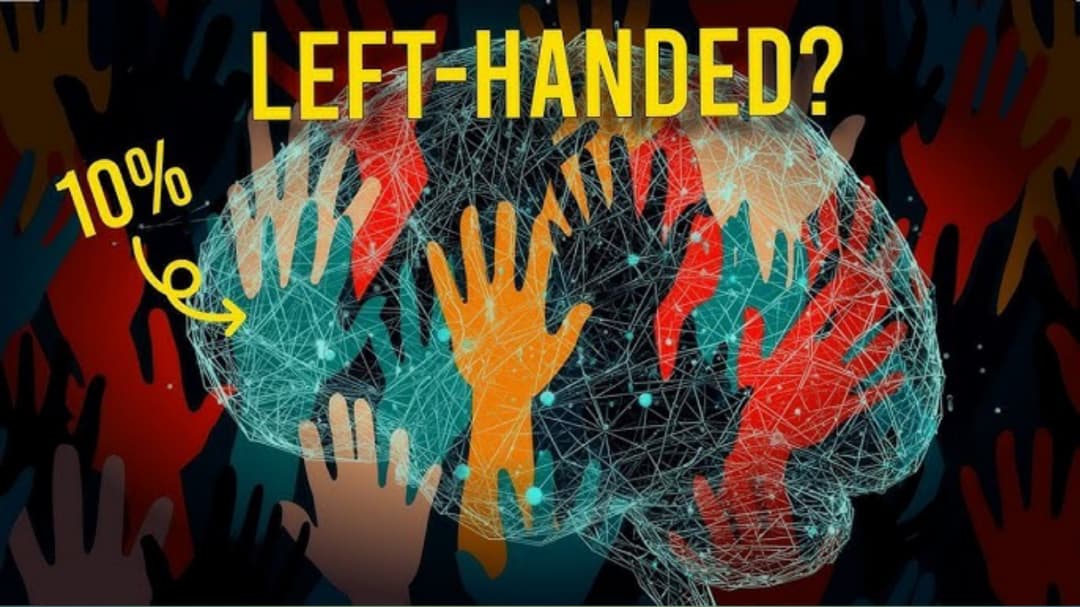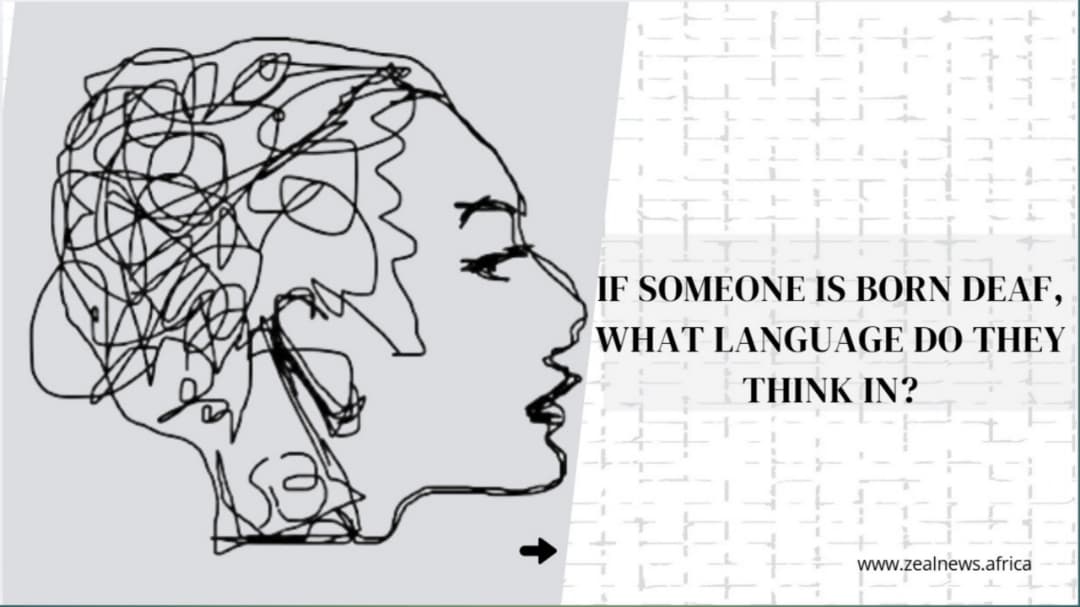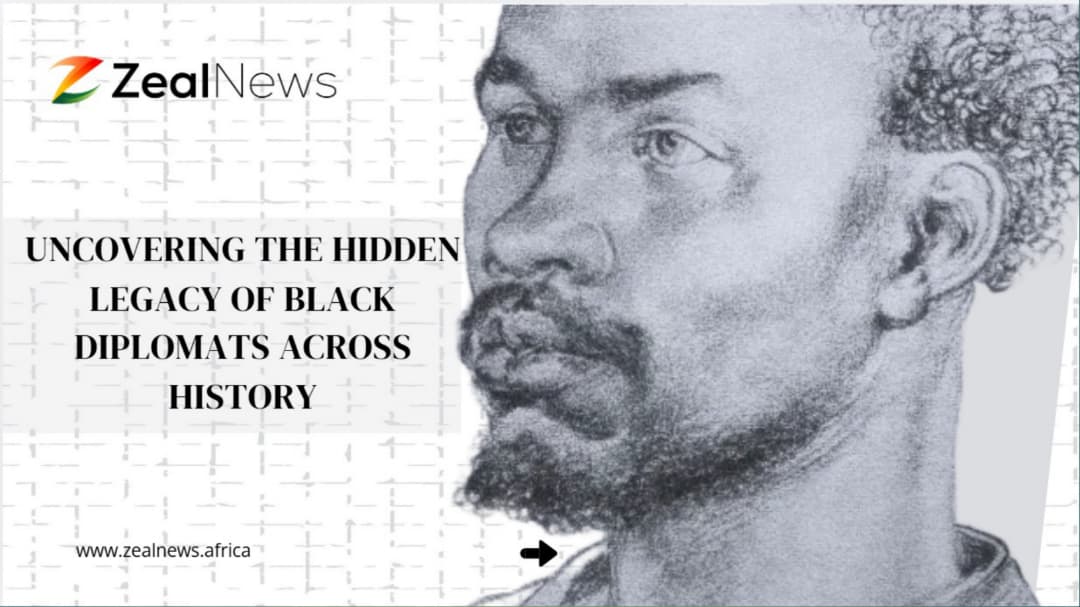Naming in Africa: The hidden stories behind what we are called
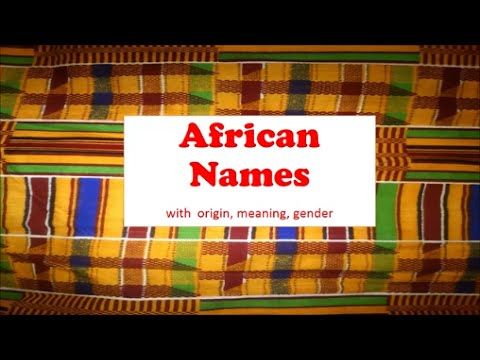
Names in Africa are not mere identifiers; they are stories, spirits, and symbols of identity. Every name holds a trace of history, a whisper of pain or pride, a declaration of hope. In a continent where oral traditions have preserved memory for centuries, names remain one of the most enduring archives of who we are. Whether it’s Ngozi, Adeola, Kwame, or Zanele, each name tells a story not just of birth, but of belonging.
The Meaning Beneath the Meaning
To understand African names is to understand the heart of its people. Across tribes and regions, naming is often deeply spiritual, a ceremony that binds the newborn not only to their family but to the ancestors. Among the Yoruba of Nigeria, names are more than labels; they’re declarations of circumstance and destiny. A name like Oluwatoyin (“God is worthy to be praised”) reflects gratitude. Yetunde (“Mother has returned”) signifies reincarnation, a belief that ancestors live again through their descendants.
In Ghana, the Akan tradition of “day names” such as Kwame (Saturday-born male) or Akosua (Sunday-born female) reveals how time and spirituality intertwine. The belief is that the day of birth influences a child’s personality, making naming both cosmic and personal. Meanwhile, in Ethiopia, names like Haile (“power”) or Mekdes (“sanctuary”) connect children to divine essence, reflecting a nation’s unbroken bond with faith and resilience.

Each African name, whether given at birth or adopted later, is an act of cultural preservation. It anchors a person to their lineage, tribe, and the moral compass of their community. In societies where colonization once tried to erase indigenous languages, to bear an African name today is an act of remembrance and resistance.
The Colonized Tongue and the Erased Identity
The arrival of colonization in Africa brought with it not only foreign rule but foreign names. Missionaries, colonial officers, and Christian schools introduced English, French, and Portuguese names as symbols of civilization. Many African parents, pressured by the social hierarchies of the time, began naming their children John, Mary, Joseph, or Elizabeth not out of faith alone, but survival.
This imposed system of naming which was often demanded during baptism, school enrollment, or employment created a divide between identity and acceptance. To succeed in colonial institutions, Africans had to sound “European.” Centuries later, this silent inheritance still lingers. A Chinedu might shorten his name to Chris on his résumé, or a Nolwazi might go by Lulu at work, believing it will open more doors.
Yet in recent years, there has been a cultural reawakening. The younger generation is reclaiming their heritage through their names. African celebrities, writers, and activists now proudly wear indigenous names in global spaces from Lupita Nyong’o to Temilade Openiyi (Tems). This renaissance signals a powerful truth: authenticity is no longer a disadvantage, but a brand of pride.
According to UNESCO, indigenous names are a vital part of cultural identity and must be preserved to protect the diversity of human heritage. When a name disappears, a worldview disappears with it.
Names as Prophecy and Protection
In many African societies, names are prayers disguised as words. They speak of what the family hopes, fears, or foresees for their child. In the Igbo culture, for example, names like Chibuzo (“God leads the way”) or Amarachi (“God’s grace”) express faith and dependence on divine guidance. In Swahili-speaking East Africa, a name like Baraka (“blessing”) conveys gratitude, while Jabari (“brave”) sets a tone of courage.
Names can also serve as spiritual shields. Among the Yoruba, some parents name their children Kokumo (“He will not die again”) after repeated infant deaths, a way of defying misfortune. These names remind us that African naming traditions are not just linguistic; they are psychological armor, blending faith, philosophy, and survival in one act of naming.
Anthropologists have long noted that names in Africa often mirror the collective struggles of their time. During the years of apartheid in South Africa, names like Freedom, Mandisa (“sweetness after bitterness”), or Thabo (“happiness”) symbolized quiet defiance. In Nigeria’s post-war years, parents named their children Ifunanya (“love”) and Chinonso (“God is near”) as expressions of healing. Through these choices, Africans used naming as social commentary, transforming personal identity into political expression.
Modern Names, New Meanings
As globalization reshapes Africa, a new generation of names has emerged, a fusion of tradition and modernity. Names like Ayomide (“my joy has come”) still carry ancestral weight, yet parents are increasingly blending local and global influences. Some urban Nigerians name their children Zaraoluwa or Michealife, merging English and Yoruba roots. In Kenya, tech-savvy parents might choose names inspired by the digital age, reflecting how culture adapts to time.
Interestingly, naming trends now also reflect diasporic nostalgia. African immigrants across the UK, Canada, and the U.S. are reviving indigenous names as a way to reconnect their children to home. A British-born Amara or Kofi might never have lived in Africa, but through their names, they carry the continent’s rhythm wherever they go.
The African Diaspora Network reports that second-generation Africans are increasingly reclaiming their native names, seeing them as symbols of self-definition and pride in multicultural spaces.
Culture
Read Between the Lines of African Society
Your Gateway to Africa's Untold Cultural Narratives.
But this renaissance doesn’t mean names have lost their power, it means they’ve evolved. In an era where social media amplifies visibility, names can become personal brands. A once-marginalized Ngozi can now trend globally as a fashion icon, author, or activist. The once “unpronounceable” is now unforgettable.
Names as Memory, Names as Legacy
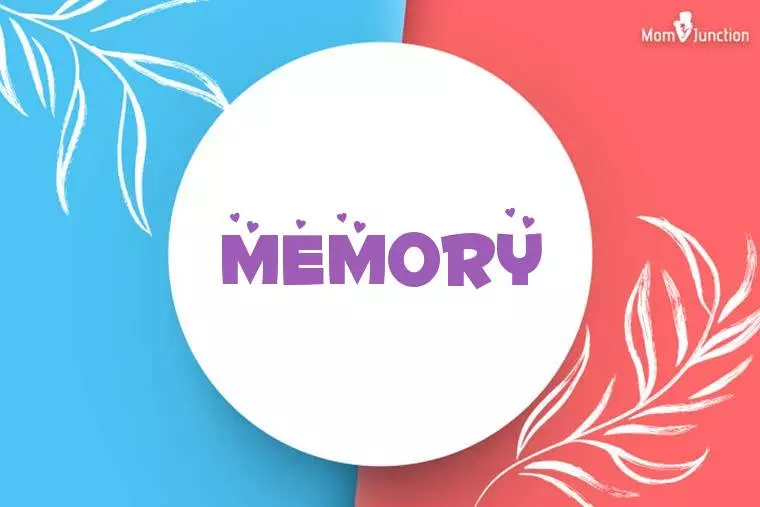
Names outlive the people who bear them. They echo through generations, binding families to their ancestors. When a Yoruba family names their child Babatunde (“Father has returned”), it isn’t mere metaphor; it’s the belief that life continues in cycles. In Zulu culture, elders often choose names that honor late relatives, ensuring that their virtues or lessons are never forgotten.
This sense of continuity gives names a spiritual permanence. Even when languages fade or borders shift, the names remain as linguistic fossils of who we once were. In Cameroon, for example, oral historians can trace lineages simply through patterns of recurring names. It’s an ancestral database that existed long before digital archives.
Today, as identity politics deepen across the world, Africans are reminded that naming is not just a personal act, it’s a political one. To carry your true name in a globalized world that once tried to erase it is to assert existence. In classrooms, boardrooms, and passports, every unshortened syllable is a declaration: I am not what you called me; I am who I have always been.
Conclusion: The Power in the Name
Names in Africa are living testaments to survival, resilience, and rebirth. They hold our ancestors’ dreams, our parents’ prayers, and our children’s promises. Behind every name lies a story of faith, culture, and identity, woven through centuries of change.
To remember our names and to call them proudly, is to remember ourselves.
You may also like...
Super Eagles Fury! Coach Eric Chelle Slammed Over Shocking $130K Salary Demand!
)
Super Eagles head coach Eric Chelle's demands for a $130,000 monthly salary and extensive benefits have ignited a major ...
Premier League Immortal! James Milner Shatters Appearance Record, Klopp Hails Legend!

Football icon James Milner has surpassed Gareth Barry's Premier League appearance record, making his 654th outing at age...
Starfleet Shockwave: Fans Missed Key Detail in 'Deep Space Nine' Icon's 'Starfleet Academy' Return!

Starfleet Academy's latest episode features the long-awaited return of Jake Sisko, honoring his legendary father, Captai...
Rhaenyra's Destiny: 'House of the Dragon' Hints at Shocking Game of Thrones Finale Twist!

The 'House of the Dragon' Season 3 teaser hints at a dark path for Rhaenyra, suggesting she may descend into madness. He...
Amidah Lateef Unveils Shocking Truth About Nigerian University Hostel Crisis!

Many university students are forced to live off-campus due to limited hostel spaces, facing daily commutes, financial bu...
African Development Soars: Eswatini Hails Ethiopia's Ambitious Mega Projects

The Kingdom of Eswatini has lauded Ethiopia's significant strides in large-scale development projects, particularly high...
West African Tensions Mount: Ghana Drags Togo to Arbitration Over Maritime Borders

Ghana has initiated international arbitration under UNCLOS to settle its long-standing maritime boundary dispute with To...
Indian AI Arena Ignites: Sarvam Unleashes Indus AI Chat App in Fierce Market Battle

Sarvam, an Indian AI startup, has launched its Indus chat app, powered by its 105-billion-parameter large language model...




